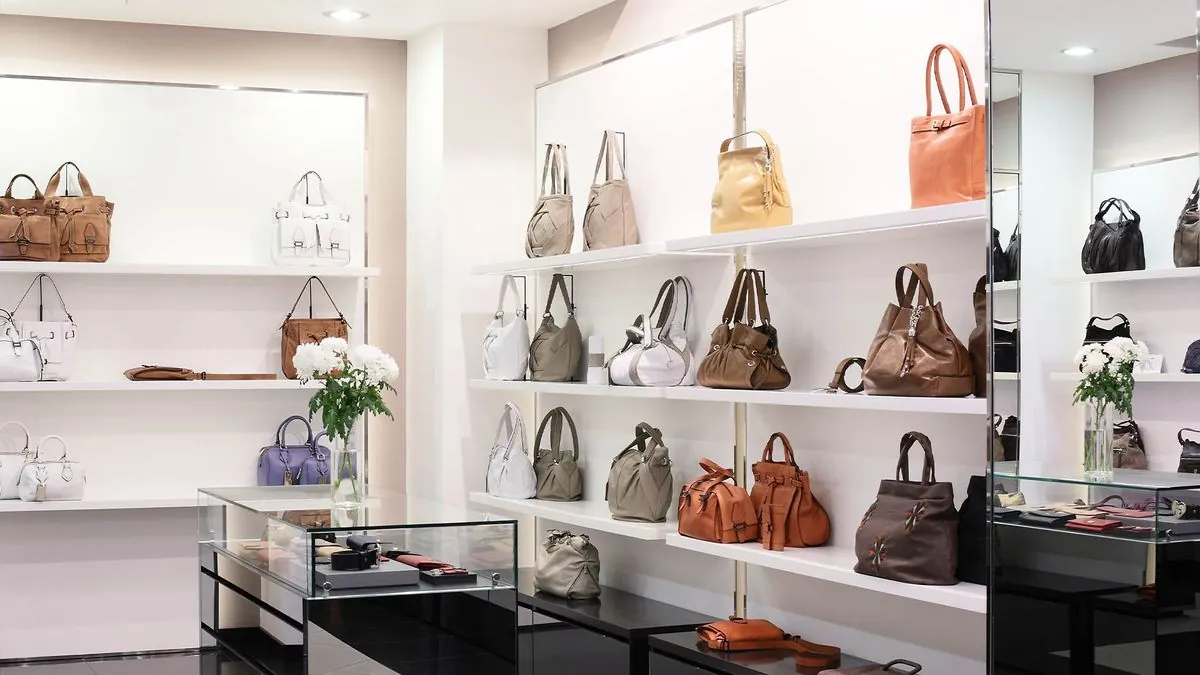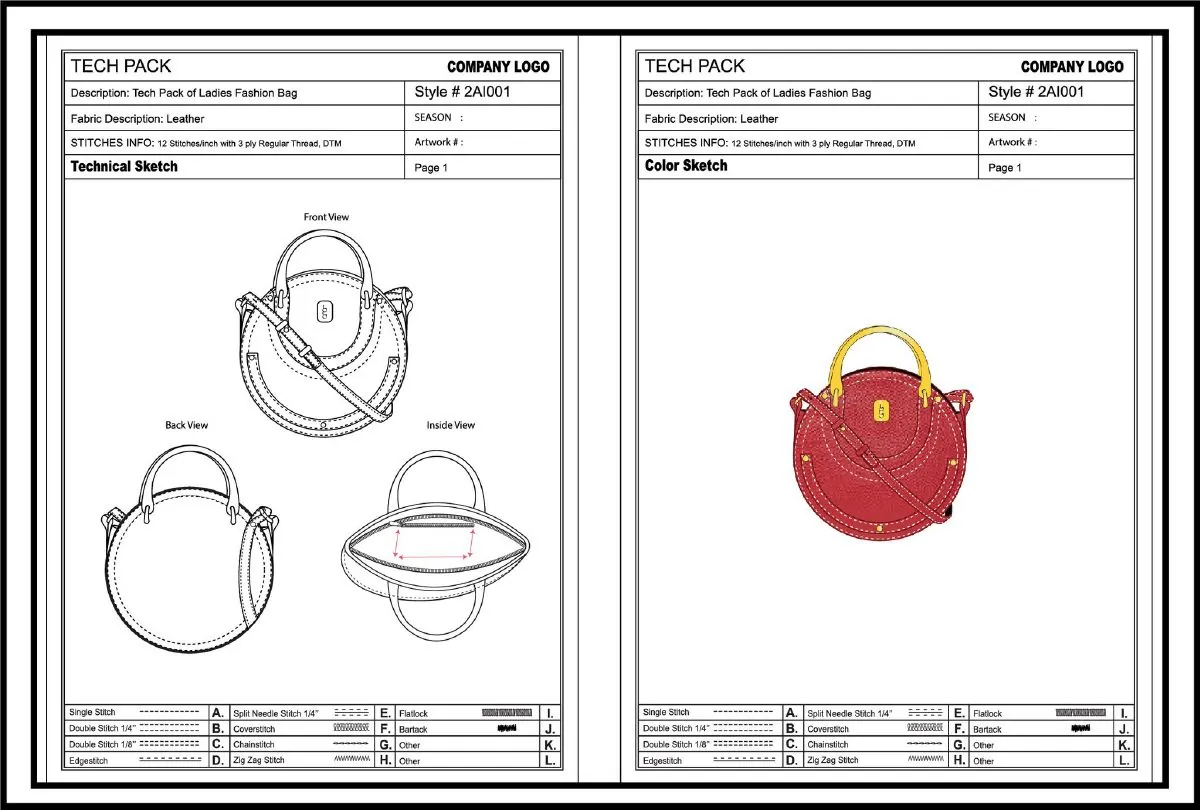Tapestry-Capri Merger Trial Concludes: FTC and Defense Present Final Arguments
The U.S. antitrust trial over Tapestry's $8.5 billion bid for Capri ended with opposing views on market competition. A judge's decision is expected within three months, potentially reshaping the luxury handbag landscape.

The U.S. antitrust trial examining Tapestry Inc.'s $8.5 billion bid to acquire Capri Holdings Ltd. concluded on September 30, 2024, marking a significant moment in the luxury goods industry. This potential merger, initially announced in August 2023, would bring together six renowned brands under a single corporate umbrella.
Tapestry, founded in 1941 as Gail Leather Products, currently owns Coach, Kate Spade, and Stuart Weitzman. Capri Holdings, formerly known as Michael Kors Holdings Limited, encompasses Versace, Jimmy Choo, and Michael Kors. The proposed consolidation has drawn scrutiny from the Federal Trade Commission (FTC), established in 1914 to prevent anticompetitive business practices.
During the trial, the FTC argued that the merger could lead to reduced consumer choice and higher prices in the "accessible luxury" market, a term that emerged in the 1990s. FTC counsel Abby Dennis drew an analogy between transportation options and handbag choices, suggesting that price limitations restrict consumer flexibility in both scenarios.
"Americans face the same challenges with handbags [as they do with transportation options]."
Conversely, Tapestry's defense emphasized the "intensely competitive" nature of the handbag market. The global luxury goods market, valued at $1.2 trillion in 2023, has seen significant changes in recent years, including the rapid growth of online sales and the expanding secondhand luxury goods market, valued at $38 billion in 2023.

The trial, spanning seven days, focused heavily on defining the "accessible luxury" marketplace. Tapestry's lead counsel, Lawrence Buterman, challenged the FTC's market analysis methodology, requesting that the judge disregard it entirely. This dispute highlights the complexities of analyzing market dynamics in the evolving luxury goods sector.
The luxury handbag market is expected to grow at a compound annual growth rate (CAGR) of 5.3% from 2024 to 2030, reflecting ongoing consumer interest despite economic fluctuations. The COVID-19 pandemic significantly impacted the luxury goods market in 2020, prompting industry adaptations.
As sustainability and ethical practices gain importance in the luxury sector, the outcome of this trial could influence future industry trends. The United States, as the largest luxury goods market globally, plays a crucial role in shaping these developments.
The presiding judge now faces the task of deciding whether to block the merger or allow it to proceed. According to James Weingarten, a former FTC chief trial counsel, a decision could be expected between October 21 and December 30, 2024. The verdict will likely have far-reaching implications for the luxury goods industry and antitrust enforcement in the United States.
This case underscores the ongoing relevance of antitrust laws, which date back to the Sherman Antitrust Act of 1890 and have been strengthened by subsequent legislation such as the Clayton Antitrust Act of 1914 and the Hart-Scott-Rodino Antitrust Improvements Act of 1976.
As the luxury goods industry continues to evolve, with online sales accounting for 22% of the market in 2023, the outcome of this trial may set a precedent for future mergers and acquisitions in the sector. The decision will be closely watched by industry stakeholders and consumers alike, potentially reshaping the landscape of accessible luxury for years to come.


































